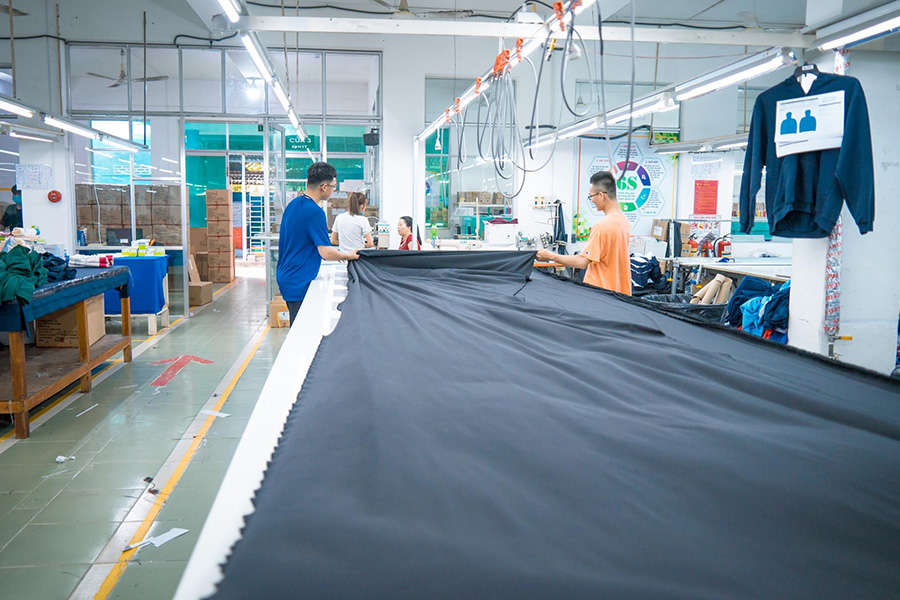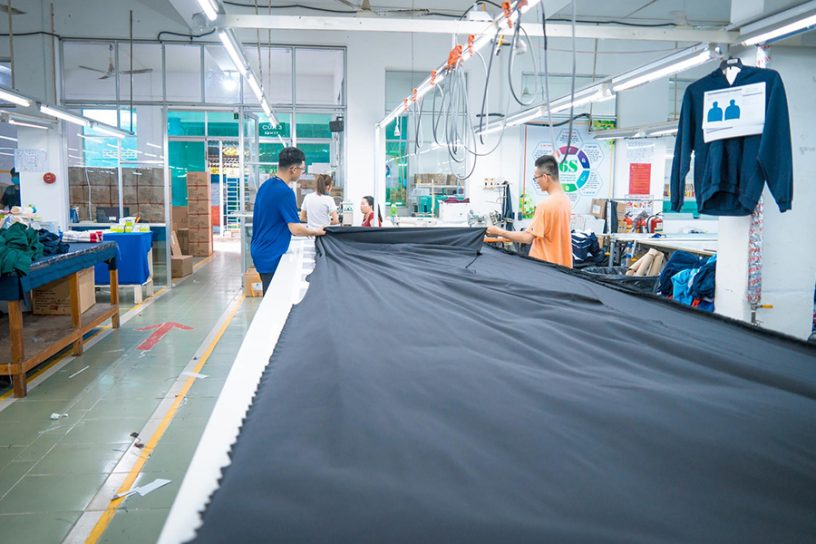
The study findings revealed that ’Absence of water treatment facilities’, ’Fossil fuel burning and GHG emissions’, and ’Excessive consumption of groundwater’ are the three most prominent barriers to sustainable boiler operation.
Authors
Ashutosh Samadhiya, Assistant Professor, Jindal Global Business School, O.P. Jindal Global University, Sonipat, Haryana, India.
Md. Tanvir Siraj, Department of Industrial and Production Engineering, Bangladesh University of Engineering and Technology, Dhaka, Bangladesh.
Binoy Debnath, Department of Industrial and Production Engineering, Bangladesh University of Engineering and Technology, Dhaka, Bangladesh.
Anil Kumar, Guildhall School of Business and Law, London Metropolitan University, London, United Kingdom.
A. B. M. Mainul Bari, Department of Industrial and Production Engineering, Bangladesh University of Engineering and Technology, Dhaka, Bangladesh.
Spandan Basak Payel, Department of Mechanical Engineering, Bangladesh University of Engineering and Technology, Dhaka, Bangladesh.
Summary
The efficiency with which conventional boilers perform, in terms of sustainability, is affected by a variety of factors. Unsustainable boiler operating practices are still surprisingly frequent in developing countries, resulting in environmental liabilities and catastrophic accidents. It is a serious problem in developing countries like Bangladesh, where boilers are utilized extensively in the apparel manufacturing sector. However, no research has yet examined the challenges or barriers associated with sustainable boiler operation in the apparel manufacturing sector.
This study, thereby, utilizes an integrated MCDM approach, combining the fuzzy theory and the decision-making trial and evaluation laboratory (DEMATEL) method, to identify, prioritize, and explore the relations among the barriers to sustainable boiler operation in the apparel manufacturing industry, from an emerging economy perspective. The barriers were initially identified from the literature and a visual survey of 127 factories. After expert validation, thirteen barriers were finally selected to be analyzed utilizing the fuzzy DEMATEL method.
The study findings revealed that ’Absence of water treatment facilities’, ’Fossil fuel burning and GHG emissions’, and ’Excessive consumption of groundwater’ are the three most prominent barriers to sustainable boiler operation. The cause-effect relations among the barriers suggest that ’Inadequate compliance with safety and hazard regulations’ is the most influential and ’Fossil fuel burning and GHG emissions’ is the most influenced barrier.
This study is expected to guide the managers and policymakers of the apparel manufacturing sector in successfully overcoming the barriers to sustainable boiler operation, thus mitigating the operational hazards and achieving the sustainable development goals (SDGs).
Published in: Plos One
To read the full article, please click here.


